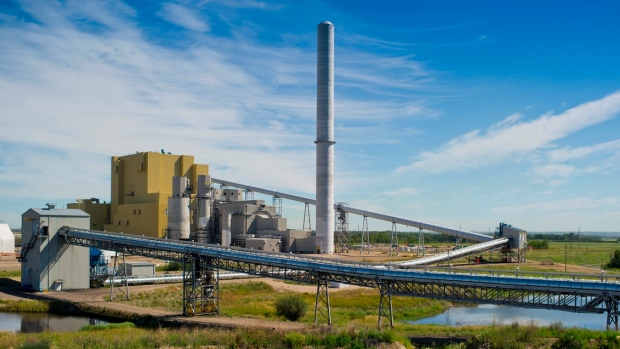24 March 2015, Lagos – Nigeria and other countries of the Sub-Sahara African region have the world’s worst access to electricity, the International Energy Agency, IEA, said in its latest report.
 The report said that the sub-region has 13 percent of the world’s population, but 48 percent of the share of the global population without access to electricity. The only other region with a similar imbalance is South Asia, with 23 percent of the world’s population and 34 percent of the people without access to electricity. This means that almost 600 million people in sub-Saharan Africa lack access to electricity.
The report said that the sub-region has 13 percent of the world’s population, but 48 percent of the share of the global population without access to electricity. The only other region with a similar imbalance is South Asia, with 23 percent of the world’s population and 34 percent of the people without access to electricity. This means that almost 600 million people in sub-Saharan Africa lack access to electricity.
Only seven countries—Cameroon, Côte d’Ivoire, Gabon, Ghana, Namibia, Senegal and South Africa, have electricity access rates exceeding 50 percent. The rest of the region has an average grid access rate of just 20 percent. Moreover, even when there is access to electricity, there may not be enough to go around, the report said. Nigeria is the most populous country in Sub-Sahara Africa.
It explained that as regards consumption, Africa’s rates are far below other emerging markets. Average electricity consumption in Sub-Saharan Africa, excluding South Africa, is only about 150 kilowatt-hours per capita. This is a fraction of consumption rates in Brazil, India, and South Africa. According to the report, sub-Saharan Africa has an extraordinary opportunity but will have to do a lot of work to take advantage of it.
The report noted that Sub-Saharan Africa is starved for electricity, as the region’s power sector is significantly underdeveloped, from the point of view of energy access, installed capacity, or overall consumption. “The fact that Sub-Saharan Africa’s residential and industrial sectors suffer electricity shortages means that countries struggle to sustain GDP growth. The stakes are enormous. Indeed, fulfilling the economic and social promise of the region, and Africa in general depends on the ability of government and investors to develop the continent’s huge electricity capacity,” it said.
“Countries with electrification rates of less than 80 percent of the population consistently suffer from reduced GDP per capita. The only countries that have electrification rates of less than 80 percent with GDP per capita greater than $3,500 are those with significant wealth in natural resources, such as Angola, Botswana, and Gabon. But even they fall well short of economic prosperity. Whether people can obtain electricity (access), and if so, how much they are able to consume (consumption) are the two most important metrics that can indicate the degree to which the power sector is supporting national development,” the report said.
It also projected that Sub-Saharan Africa will consume nearly 1,600 terawatt hours by 2040, four times what was used in 2010. “The forecast is based on a number of important factors, including a fivefold increase in GDP, a doubling of population, electricity-access levels reaching more than 70 percent by 2040, and increased urbanisation.
– Vanguard



